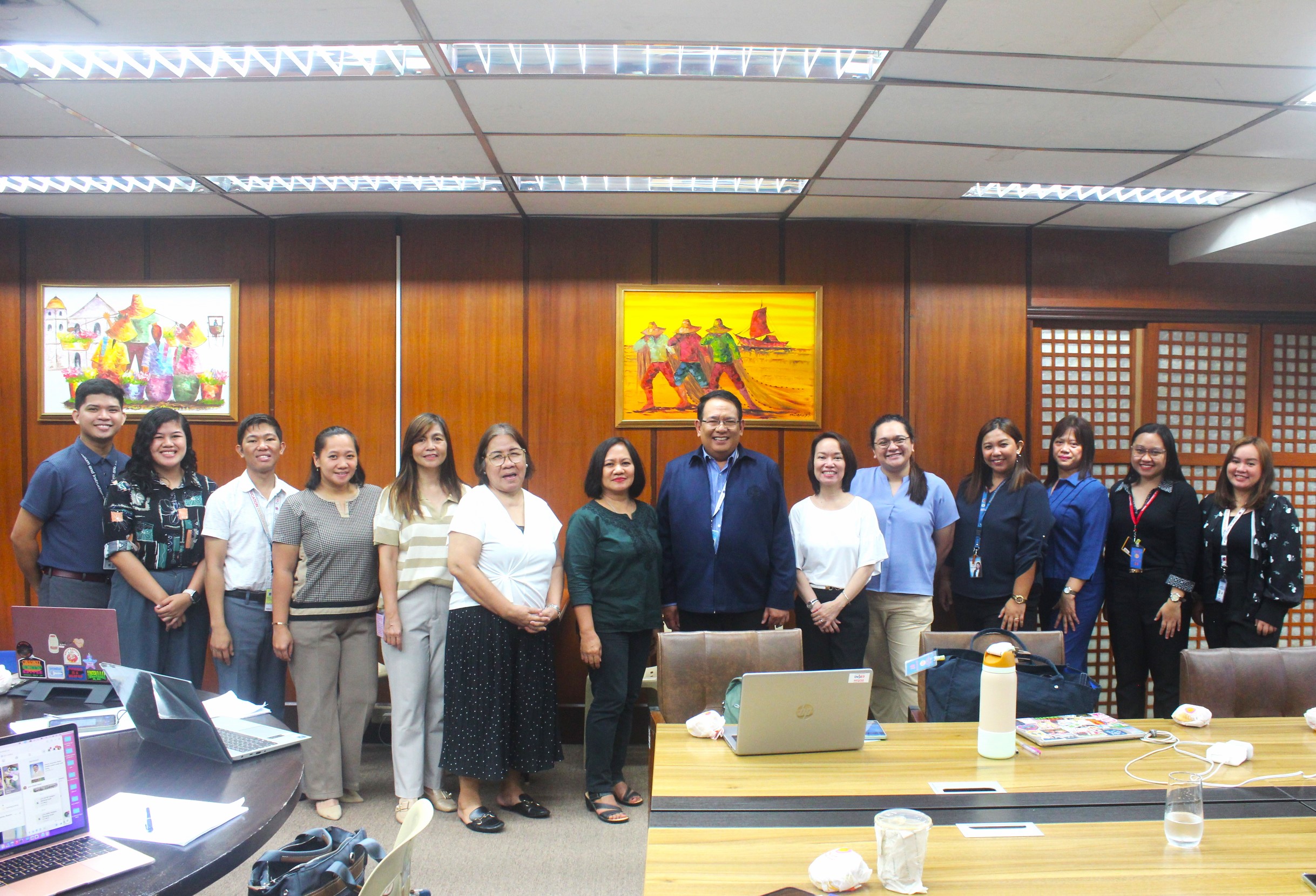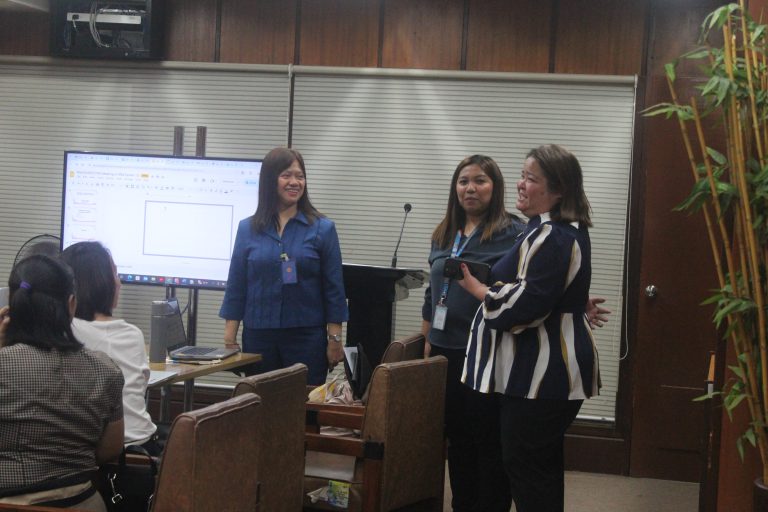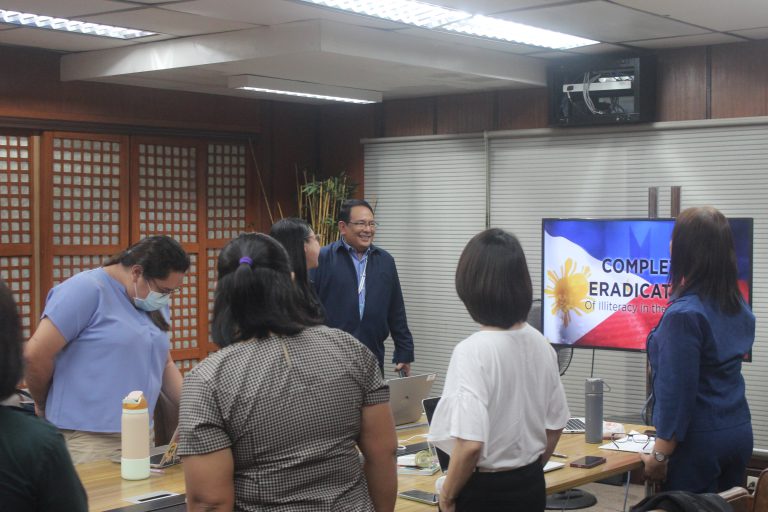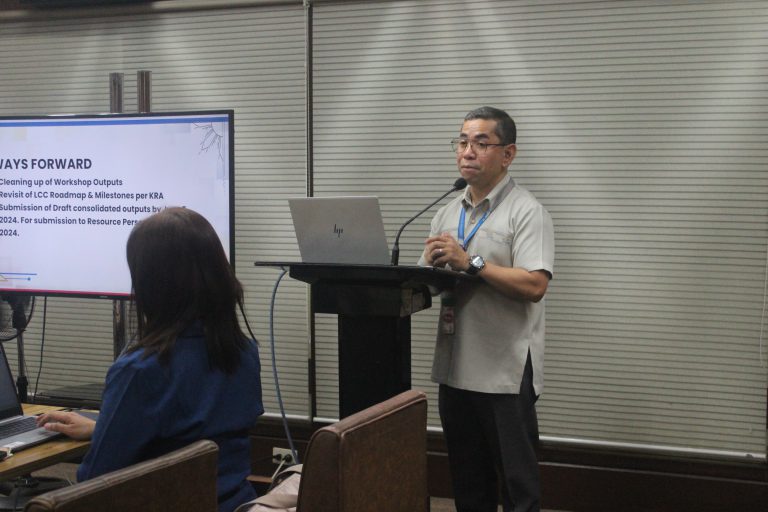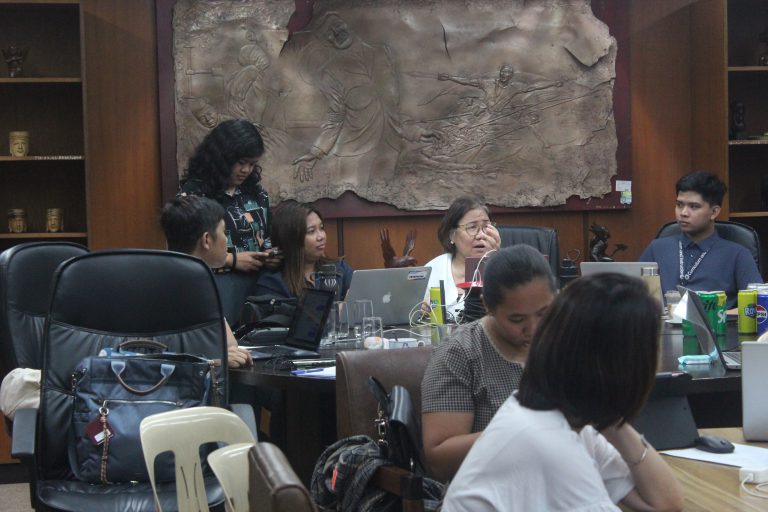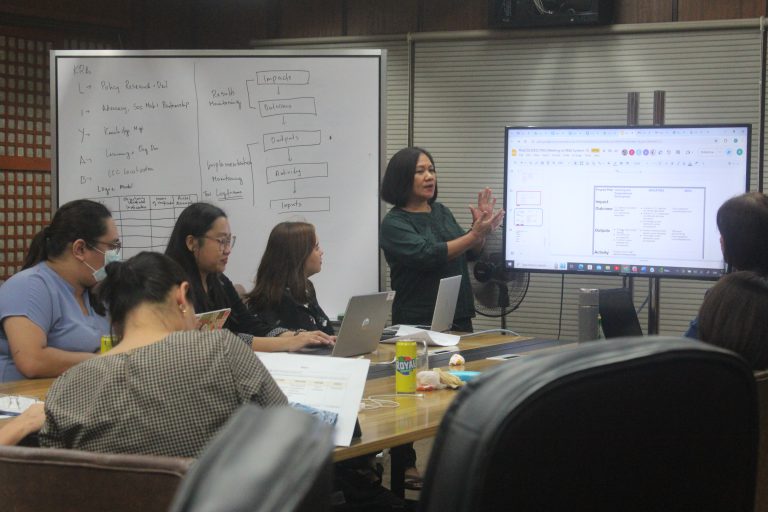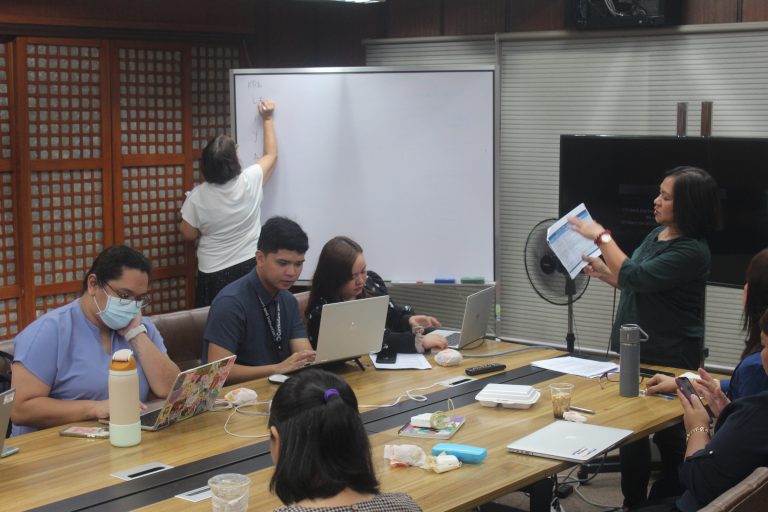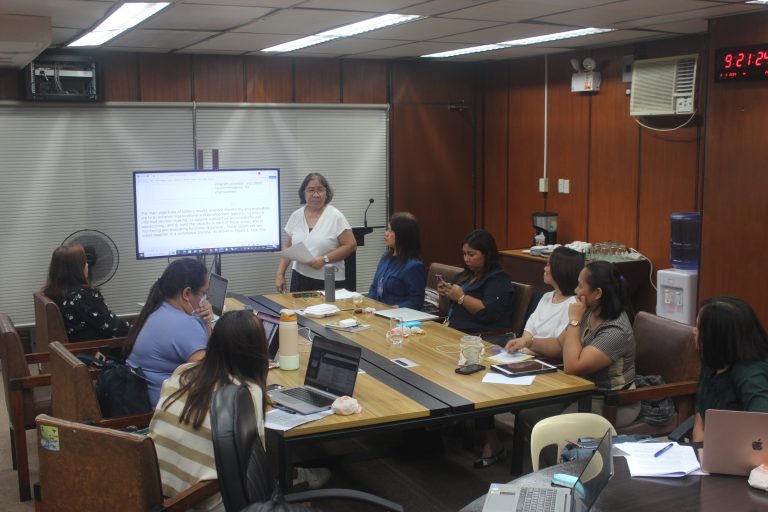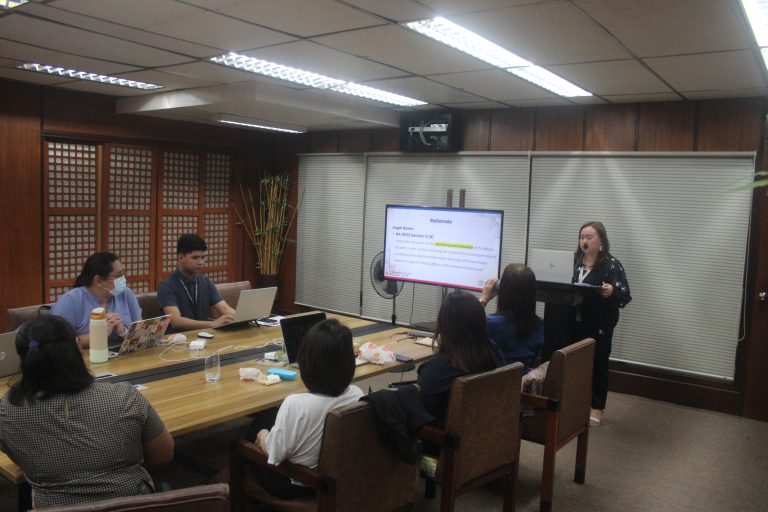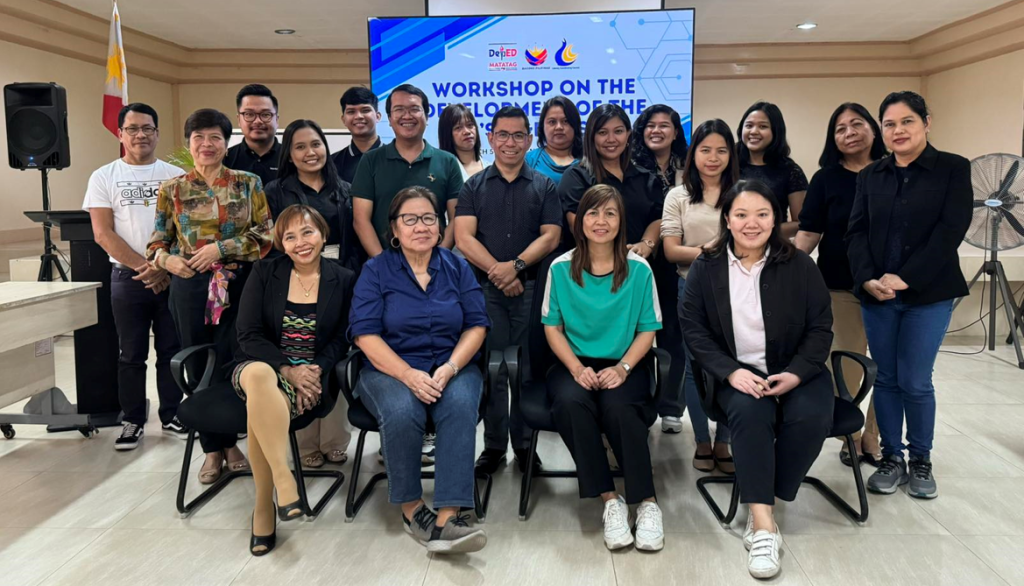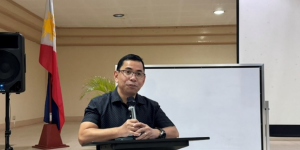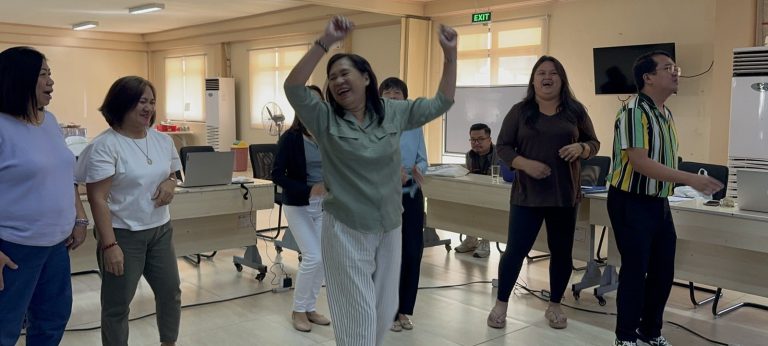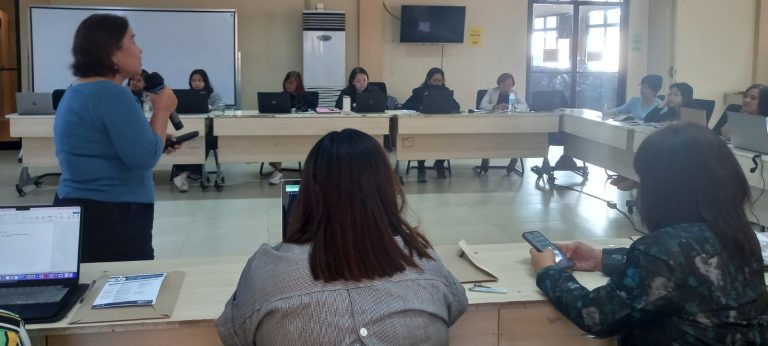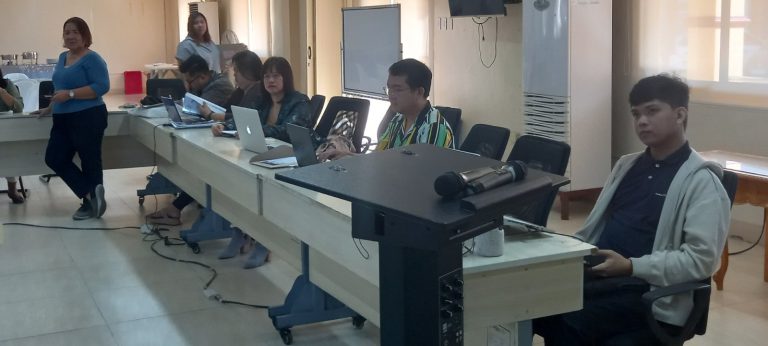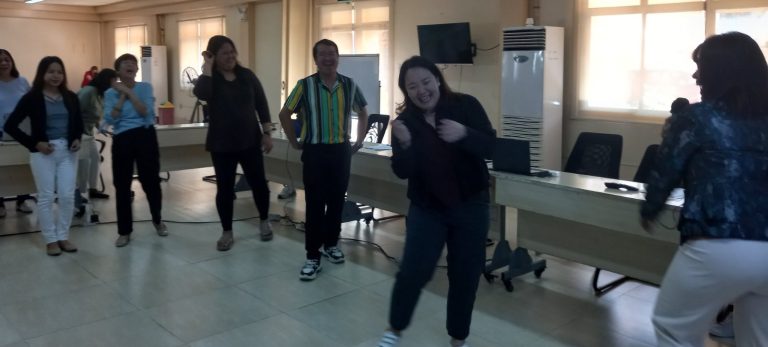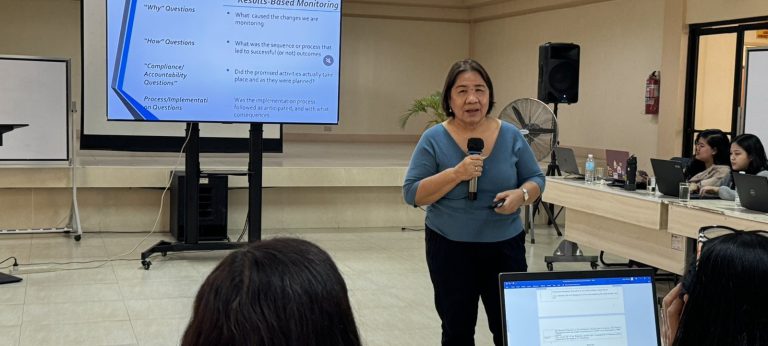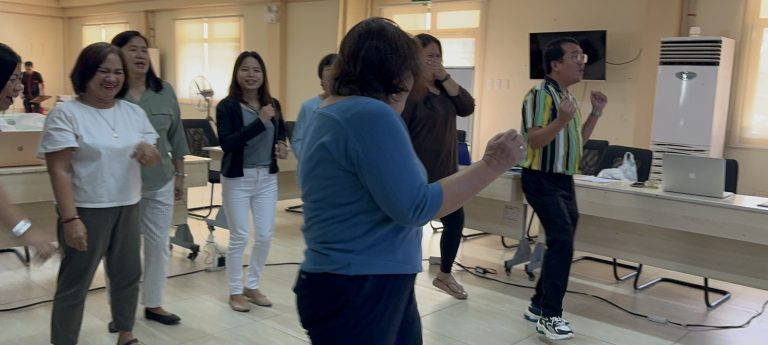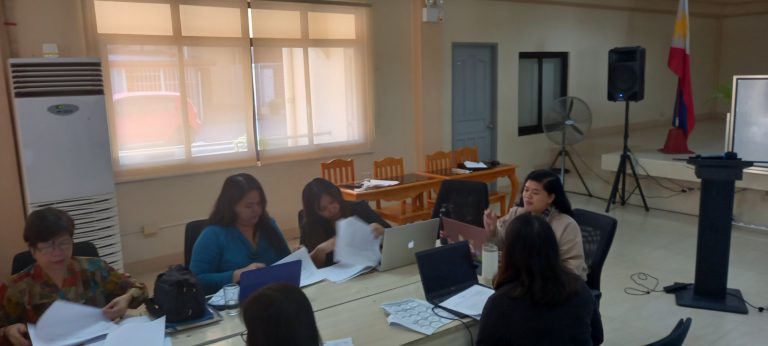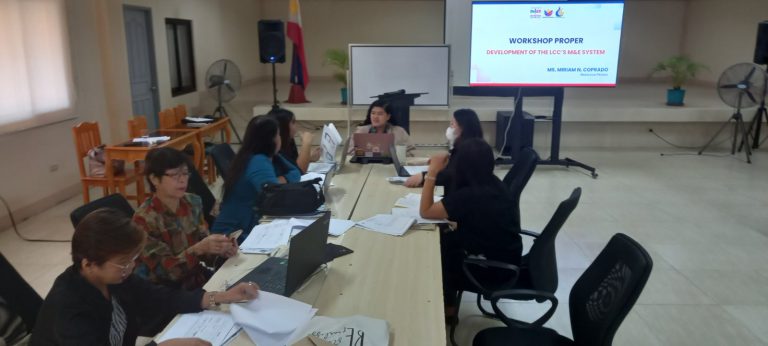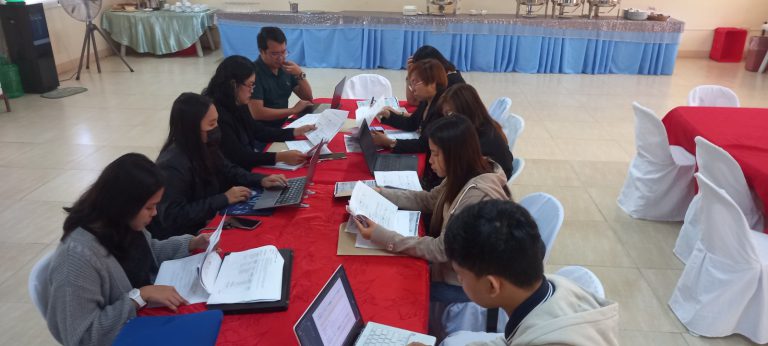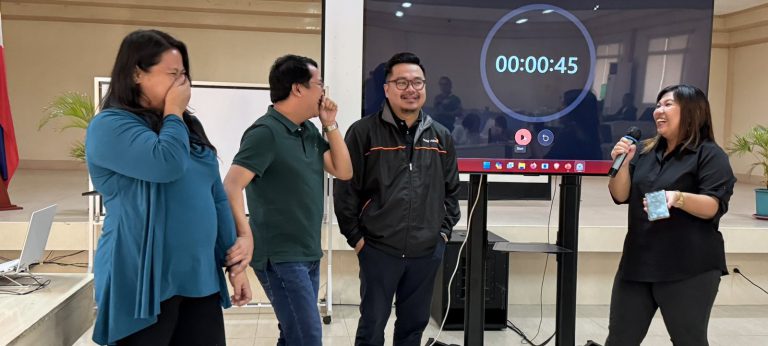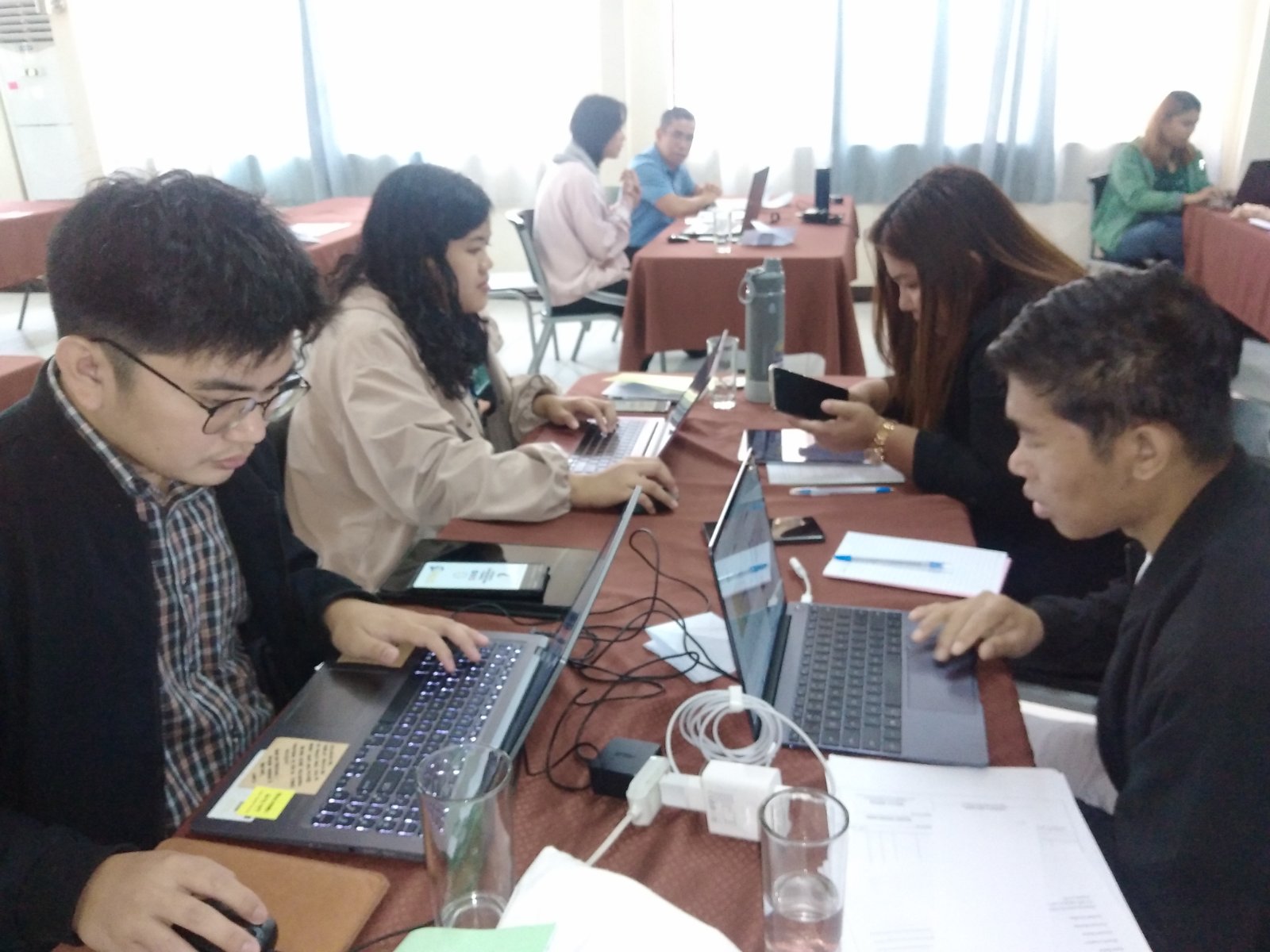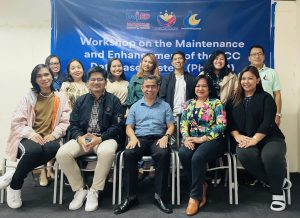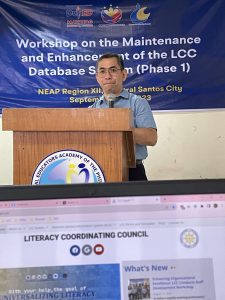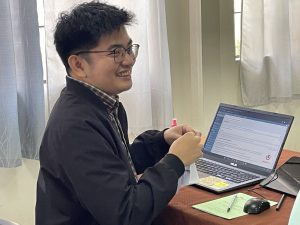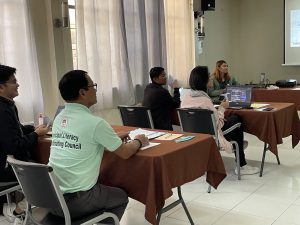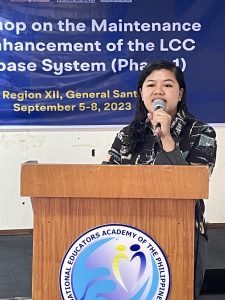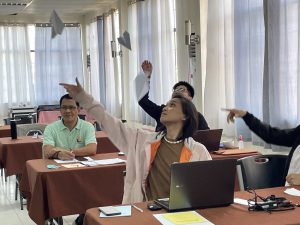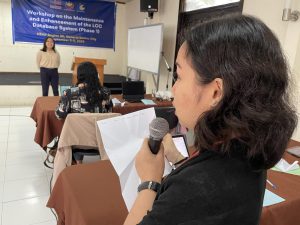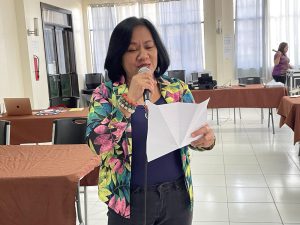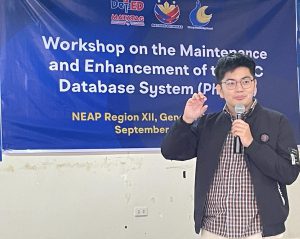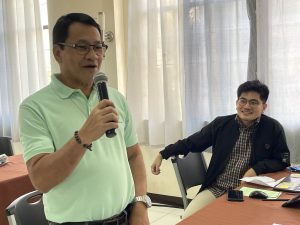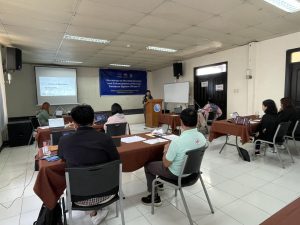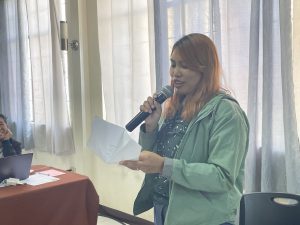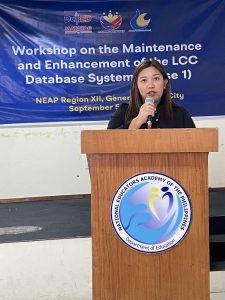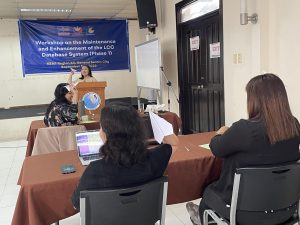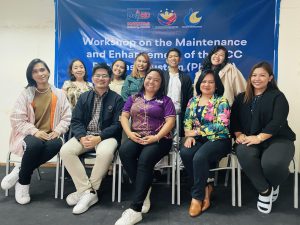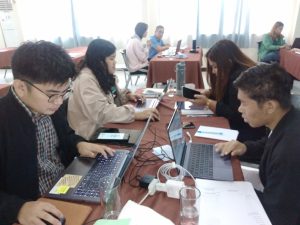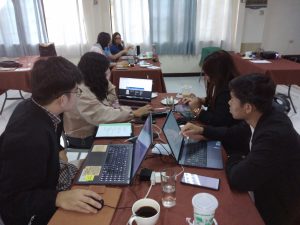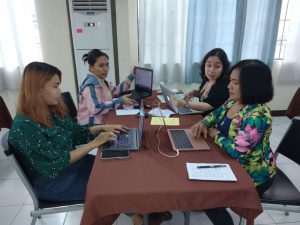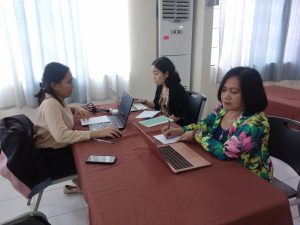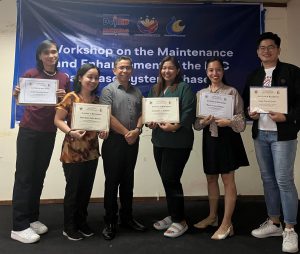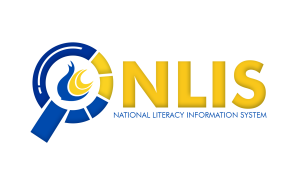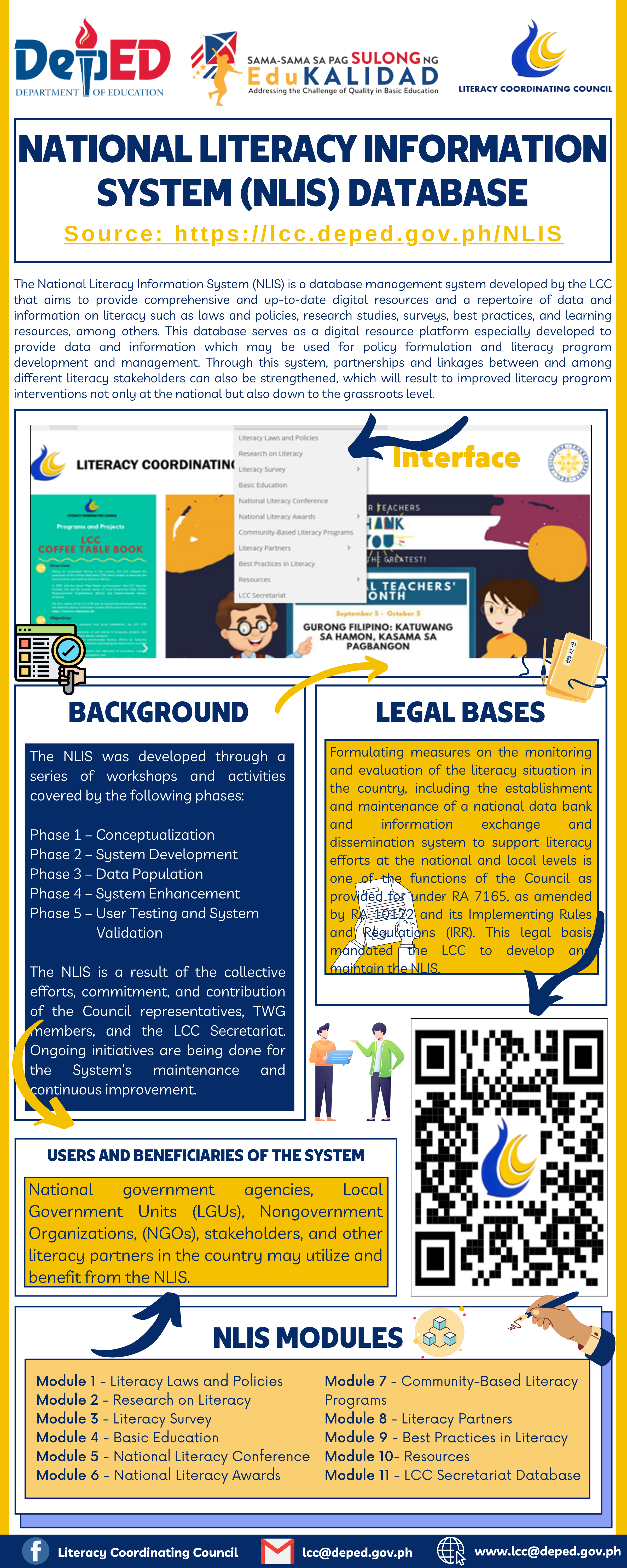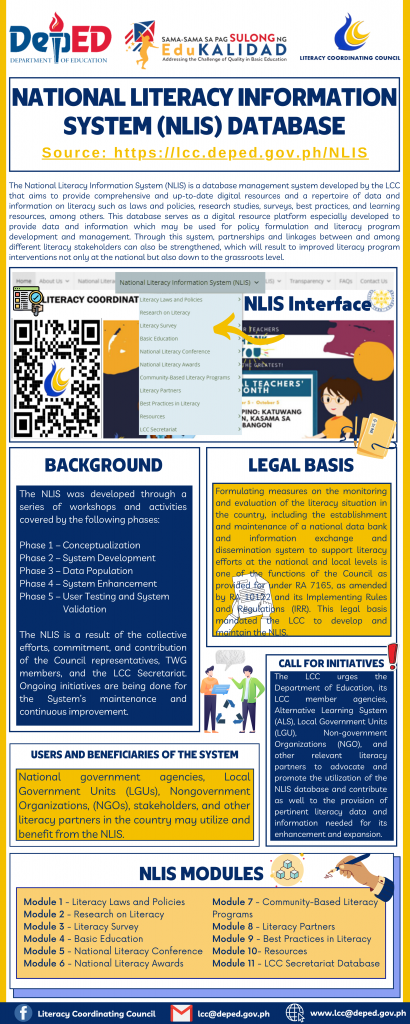PIA Hosts the TWG Meeting on the Development of the LCC M&E System
Quezon City – The Philippine Information Agency (PIA) hosted the Technical Working Group (TWG) Meeting held on June 3, 2024 where the development of the Monitoring and Evaluation (M&E) System of the Literacy Coordinating Council (LCC) was discussed.
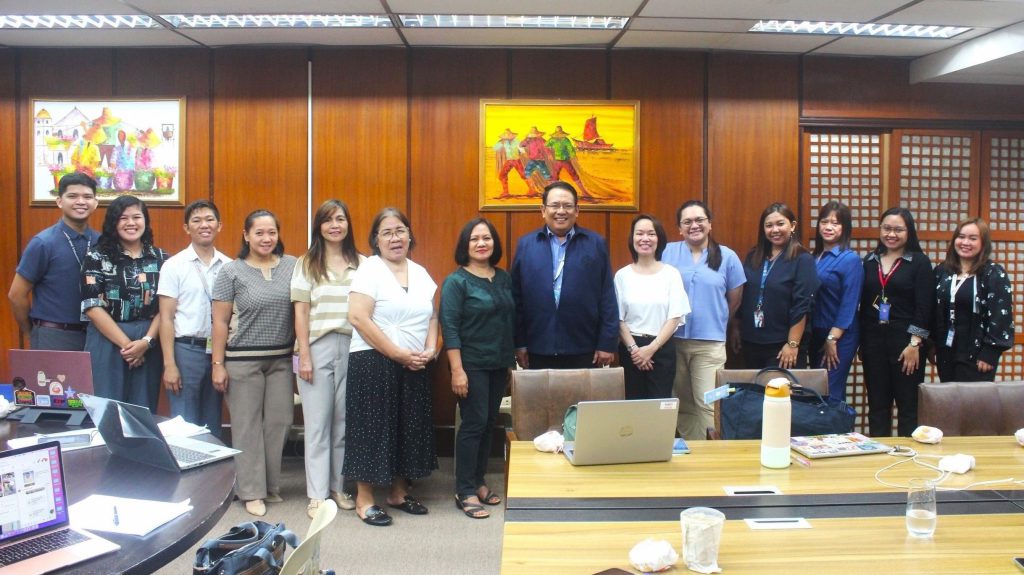
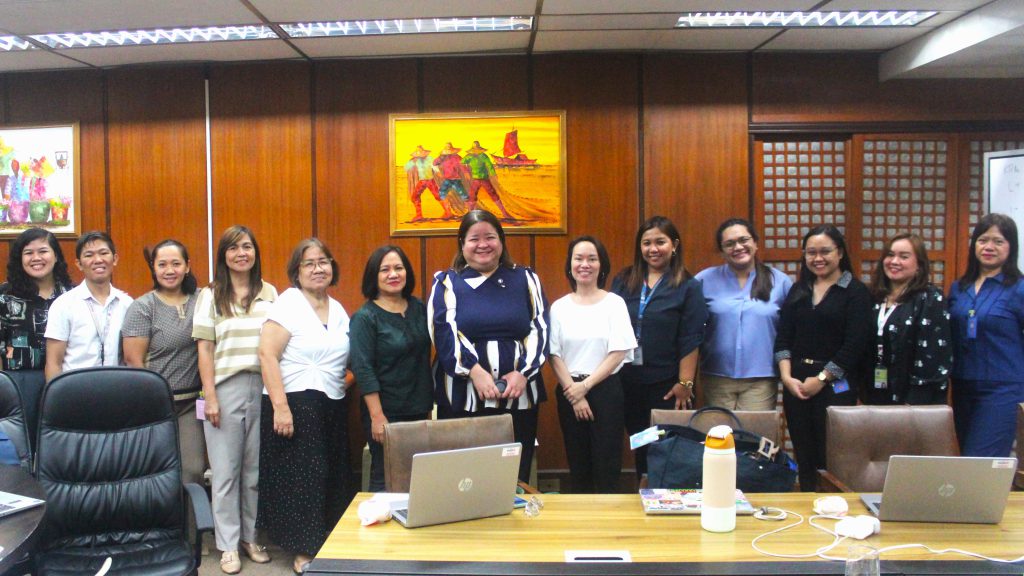
PIA’s Director-General, DG Jose A. Torres Jr., and DDG Katherine Chloe S. De Castro, the Deputy Director-General for Creative Communications and External Affairs graced the event with their valuable presence.
The TWG meeting focused on the review and discussion of the LCC’s draft M&E system document which was initially developed during a workshop conducted at the National Educators Academy of the Philippines (NEAP) in Malvar, Batangas last March 5 to 8, 2024. This draft includes the legal bases, context, and purpose of M&E, highlighting its pivotal role in universalizing literacy in the country. The resource persons also discussed the logic model and project life cycle, which serve as the foundation for crafting the M&E system. A mini-workshop was also facilitated in order to review the LCC’s 5 program pillars that feature the Council’s programs, projects, and activities and determine what needs to be monitored and evaluated. Initial workshop outputs were presented per program pillar where the resource persons provided feedback and tasked the participants to further refine their submissions. They also gave insights on how to specify the indicators and means of verification per project under each program. The operational terms in the Logical Framework such as inputs, activity, output, outcome, and impact were also discussed to paint a clearer picture of how the log frame works. Information from the LCC Roadmap and Annual Implementation Plan were also considered to be incorporated into existing outputs.
At the conclusion of the meeting, Mr. Enrico R. Mendoza, Head of the LCC Secretariat expressed his gratitude and commendation to all the participants for their significant contribution to the development of LCC’s M&E system, as well as the resource persons and the host LCC member agency, which will certainly create a positive impact on the LCC Secretariat’s overall service delivery.
The TWG Meeting was participated in by Ms. Ada Claudette Enriquez (House of Representatives), Ms. Josephine L. Babaran (Philippine Information Agency), Dr. Heidi B. Macahilig (Philippine Normal University), Ms. Evelyn Relor (Policy Research and Development Division, DepEd), Ms. Anna Lourdes Abad Falcon (Bureau of Alternative Education, DepEd). Resource Persons, Ms. Miriam Coprado and Ms. Jean Abad, facilitated the conduct of the mini-workshops. The LCC Secretariat organized and also participated in the said meeting.
Contributed by:
Rossan C. Ignacio
Technical Assistant II
